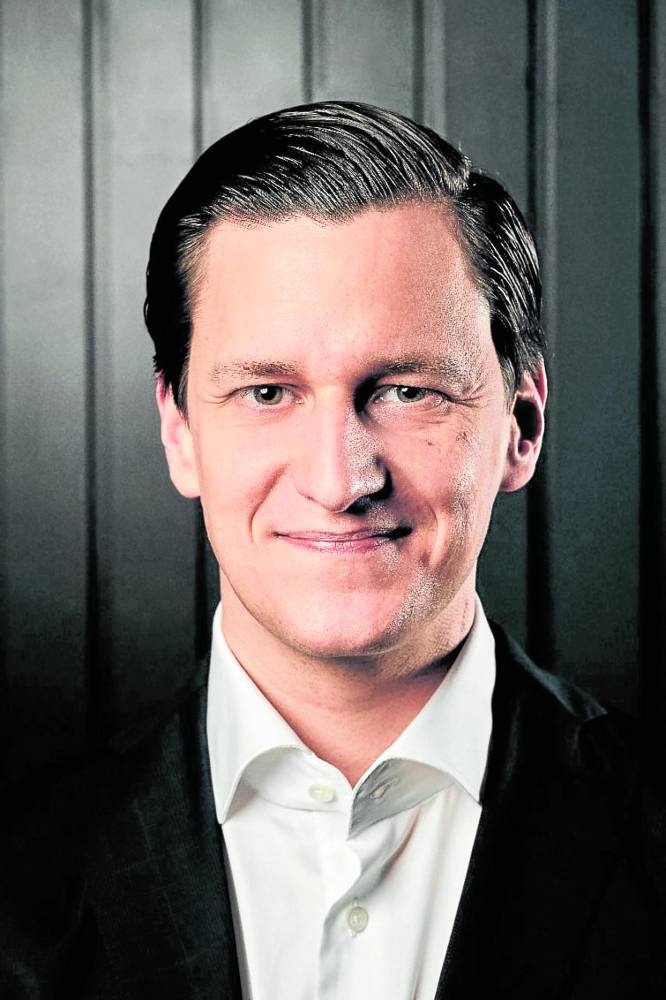Riding the e-commerce boom
This is a pivotal time for Philippine brands who are seeking to transition or lead in e-commerce. Regardless of size and scale, they face a tremendous opportunity to reach new markets for significant growth at this point in time: the Philippines is the fastest-growing e-commerce market in Southeast Asia and the value of its digital economy is set to reach $40 billion by 2025.
The figures speak for themselves. Filipinos spend more than 10 hours a day doing activities on the internet, which is higher than the average global rate of seven hours a day. The Philippines is also known as the social media capital of the world, with users dedicating more than four hours a day to their accounts on platforms like Facebook, Instagram and TikTok.
Rise of social commerce
What can empower brands to make that leap into the powerful engine of e-commerce is an e-commerce enabler, which can help them customize their solutions and leverage tools like omnichannel and analytics to understand and serve their markets better. Euromonitor International, a trusted information resource in the global business community, has recognized that innovations are an e-commerce driver for Philippine businesses.
We are grateful that Euromonitor’s assessment of etaily’s role in this e-commerce juncture aligns with our vision, objectives and initiatives that will sharpen the edge of local businesses in the digital space. As stated in the Euromonitor 2021 Megatrends Report: “etaily’s expansion is expected to drive the growth and development of e-commerce among local businesses, giving them the chance to create an omnichannel experience and expand their customer base in the face of growing competition from international e-commerce giants.”Euromonitor’s report has also detailed some of these trends happening in Philippine e-commerce. First, 39 percent of Filipinos prefer to purchase local products while another 40 percent are more interested in shopping in local stores. This last figure is higher than the global average of 28 percent.
This means that Filipino companies, especially start-ups or emerging brands, can expand their reach and engage these potential customers who are beginning to ‘go local.’
One thing has also become clear: Despite the lifting of COVID-19 restrictions, people will still continue to shop online and e-commerce will still flourish. The pandemic has forced Filipinos to shift their shopping behavior toward digital that it has now become a habit.
Retail evolution
In line with this continuous growth of the Philippine e-commerce, local businesses, and etaily, one question I frequently face has to do with the so-called retail apocalypse that has closed many Western stores that had failed to digitally adapt. Numerous articles have discussed brick-and-mortar shops losing their share in the commercial space as consumers increasingly purchase through online retail.
But my answer remains the same: Physical retail is definitely not dying; nor is it dead. But it is facing a digital revolution, especially in the Philippines. Retailers do have to e-tail their activities, step up in their game and accept the challenge to level up. However, reaching out to these new customers requires a completely different skill set than the ones which have made these traditional retailers successful. Social media engagement measures customer response, instead of just store foot traffic. Speedy on-demand delivery of goods that can be tracked online has become the norm for many shoppers today.
To become knowledgeable and efficient in developing the necessary digital skillset while addressing customer expectations, retailers would have to make a huge investment in terms of time, money, training and possibly recruitment. This is a complex process, which many brands cannot master quickly enough.
In designing etaily, the idea was to preserve all these wonderful brands and build for them an unbeatable ecosystem that has solutions that fit their individual needs. This comprehensive solution covers the entire digital transformation with a simple e-commerce operating system, focusing on operation, brand, data and technology. It encompasses basically everything that the modern retailer needs to sell online.
E-commerce ecosystem
For example, etaily had this opportunity to evolve Landmark Philippines, one of the most well-loved department stores, into an e-commerce-driven organization. To cite another case, we have been building and managing one of the digital-native brands of Century Pacific Group Inc., Goodest.
We have been supporting the e-commerce adoption and operations of these two companies from end-to-end, from operations, brand, data, to analytics. From being our clients, they have become our investors in our last funding round. Their investments are a wonderful recognition of all the hard work and great outcomes that etaily has been executing for our customer base.
etaily also focuses on micro, small and medium-sized enterprises, which have the potential to be built and managed locally, but then also accelerate digitally. Companies, of all sizes, scales and industries, can experience a more powerful and effective e-commerce transformation in the ecosystem etaily is building. They can build their own marketplace rather than launch into somebody else’s. They can choose and assemble their solutions, and not make themselves vulnerable to the shelf life of a platform. They can remain in charge, free and independent from any single particular supplier or vendor.
This ecosystem returns to the retailer the power to decide what they need and how they want to e-tail their retail business. That power, in the form of knowledge, skills, and resources, is the key to a successful e-commerce business. —contributed INQ
The author is the CEO and cofounder of etaily.

